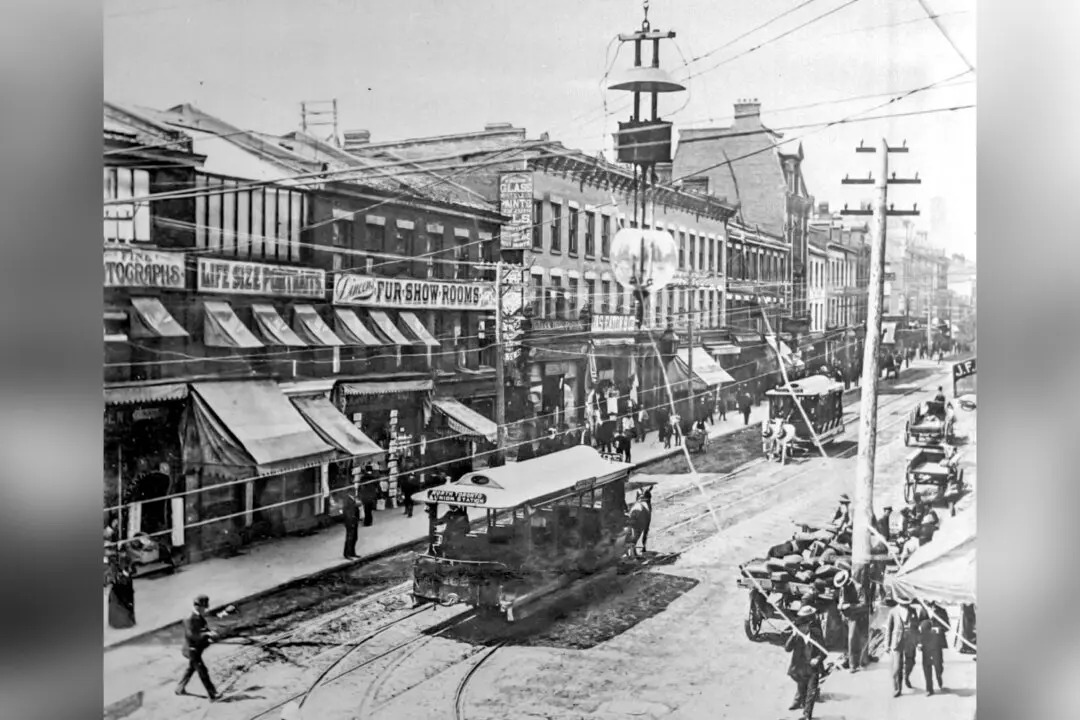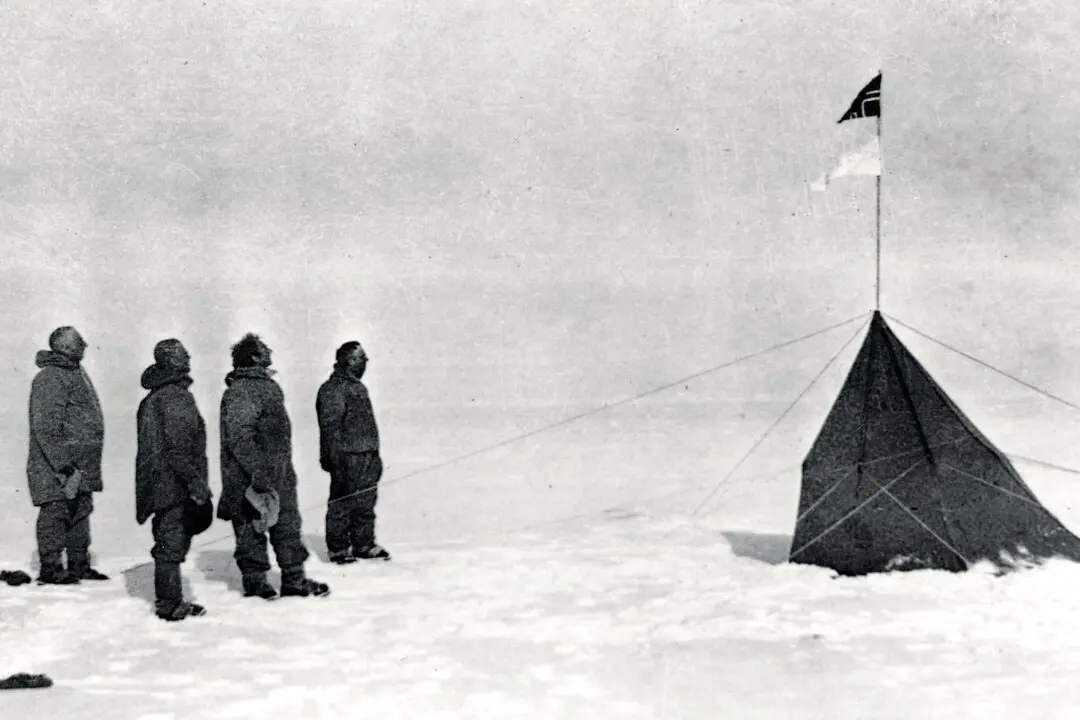Commentary
Carolyn Bennett, federal minister of mental health and addictions, recently announced a change to Canada’s policies on illegal drug use. As of Jan. 1, 2023, a three-year experimental period will be inaugurated in British Columbia whereby small quantities of substances such as heroin, cocaine, methamphetamine, and MDMA (ecstasy) will be allowed for personal use. Under this new plan, those found with these drugs will not be arrested, charged, or have their drugs seized. Instead, a helpful police officer or social worker will offer them information on available health and social services.





